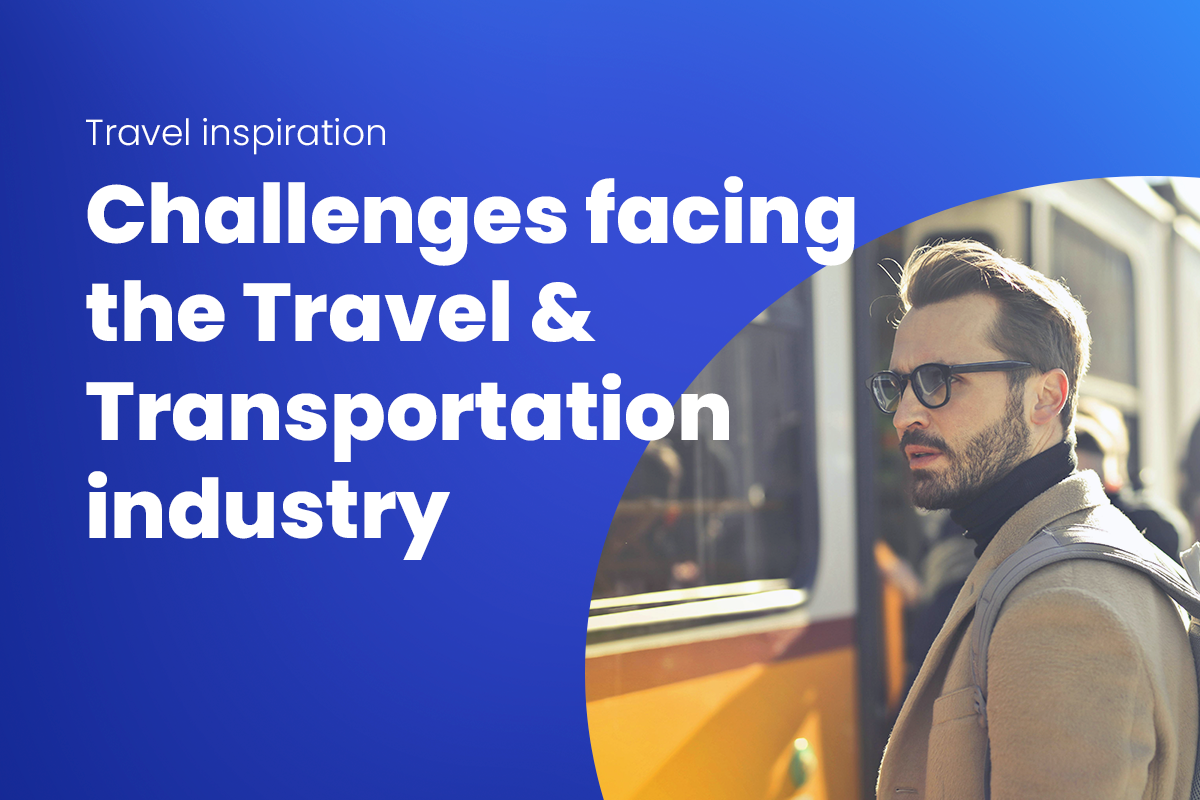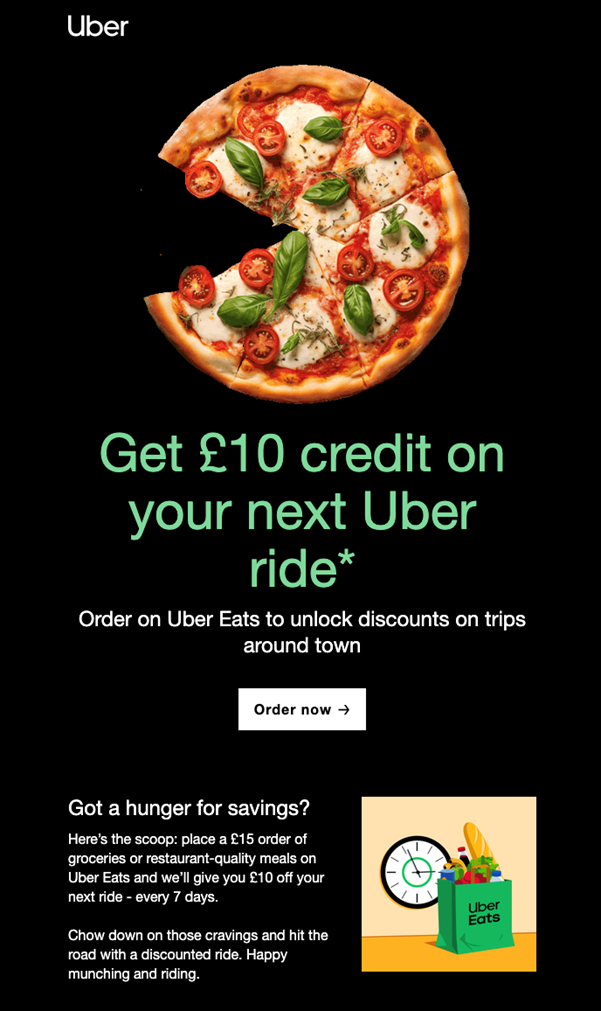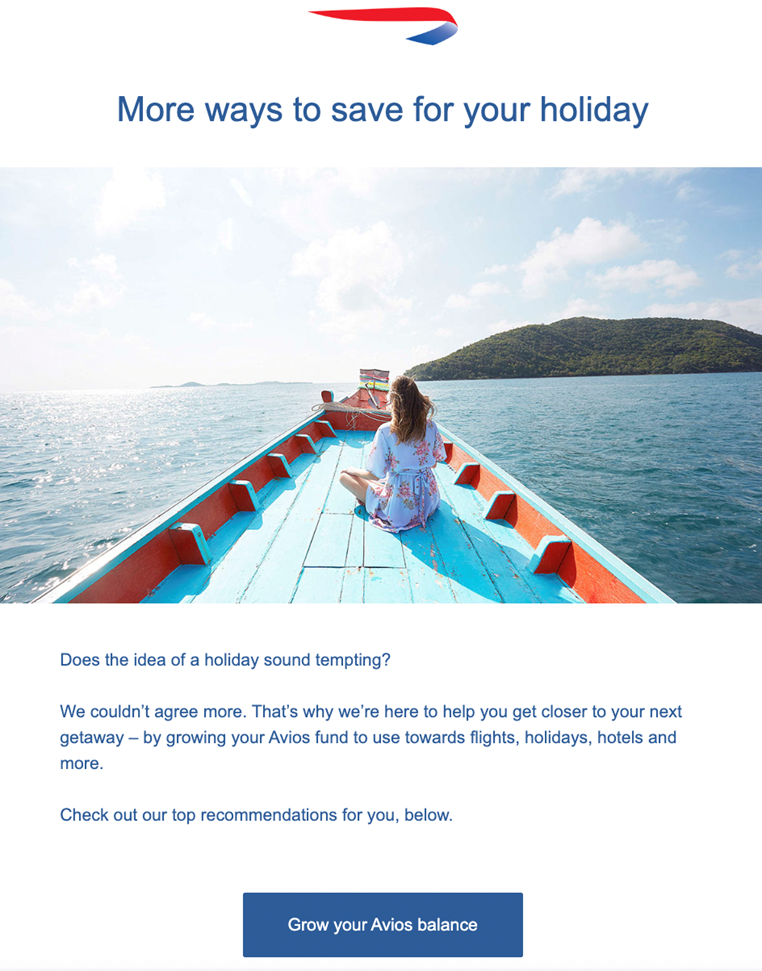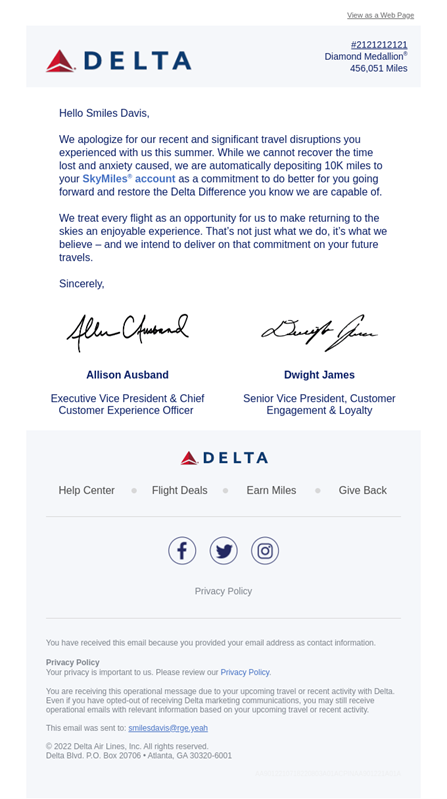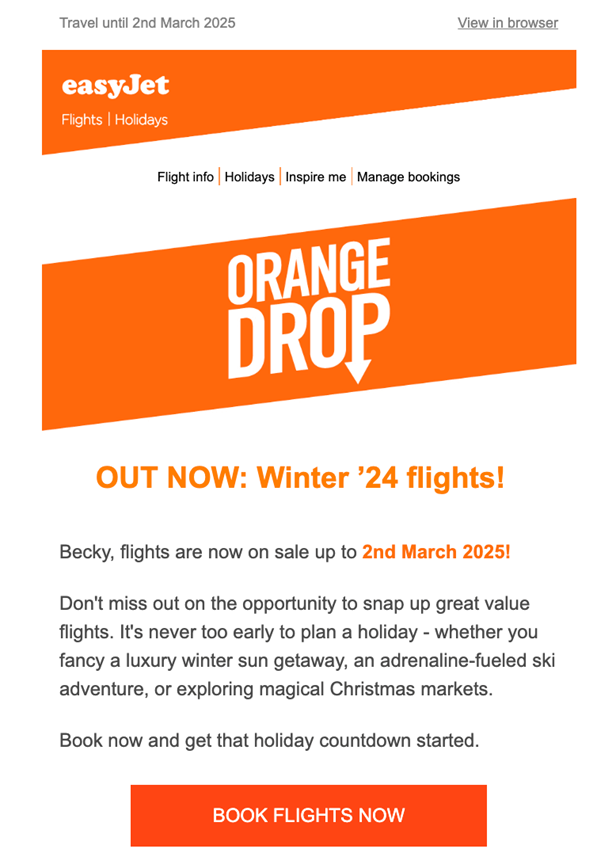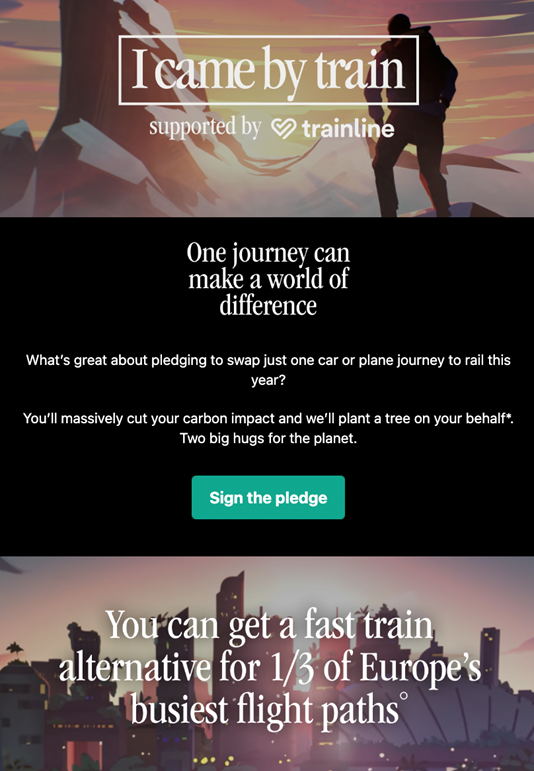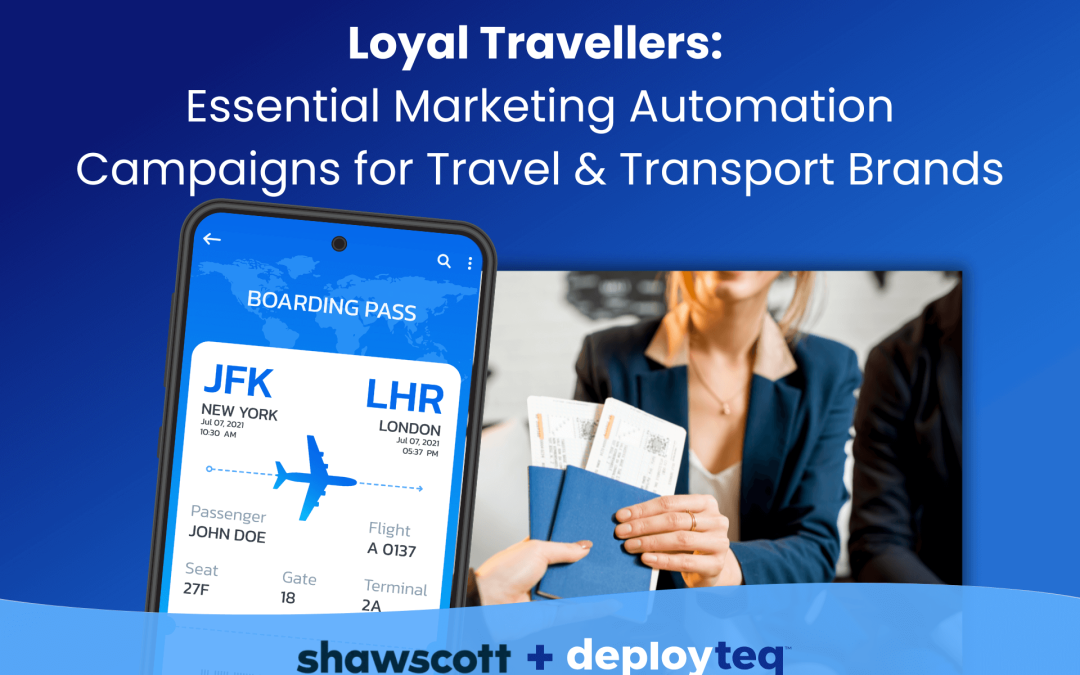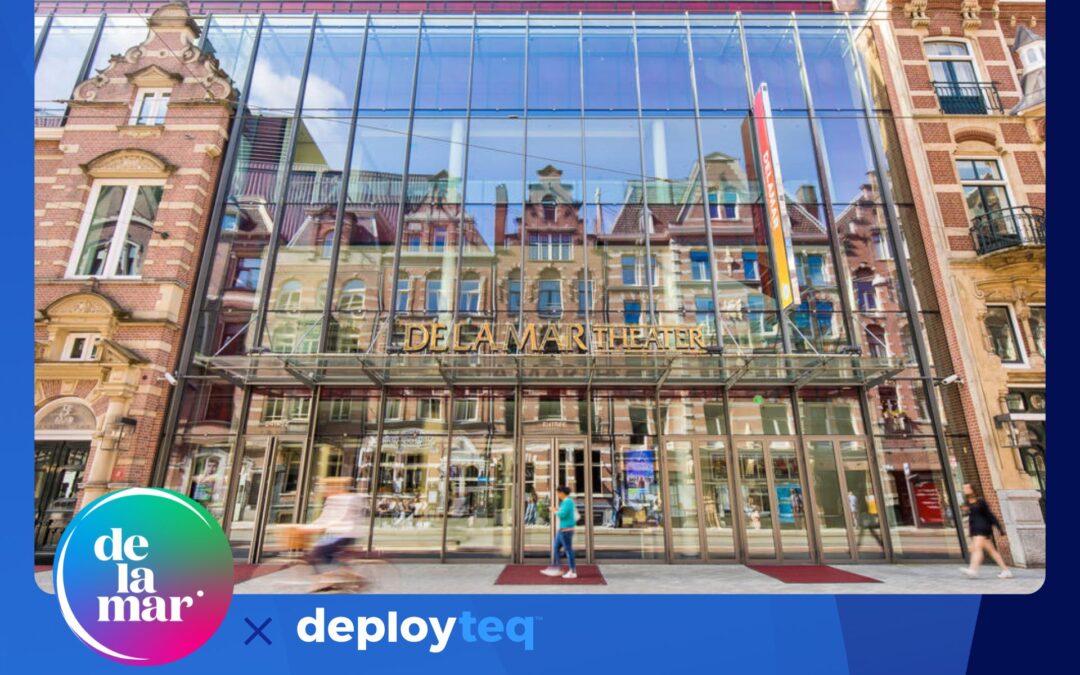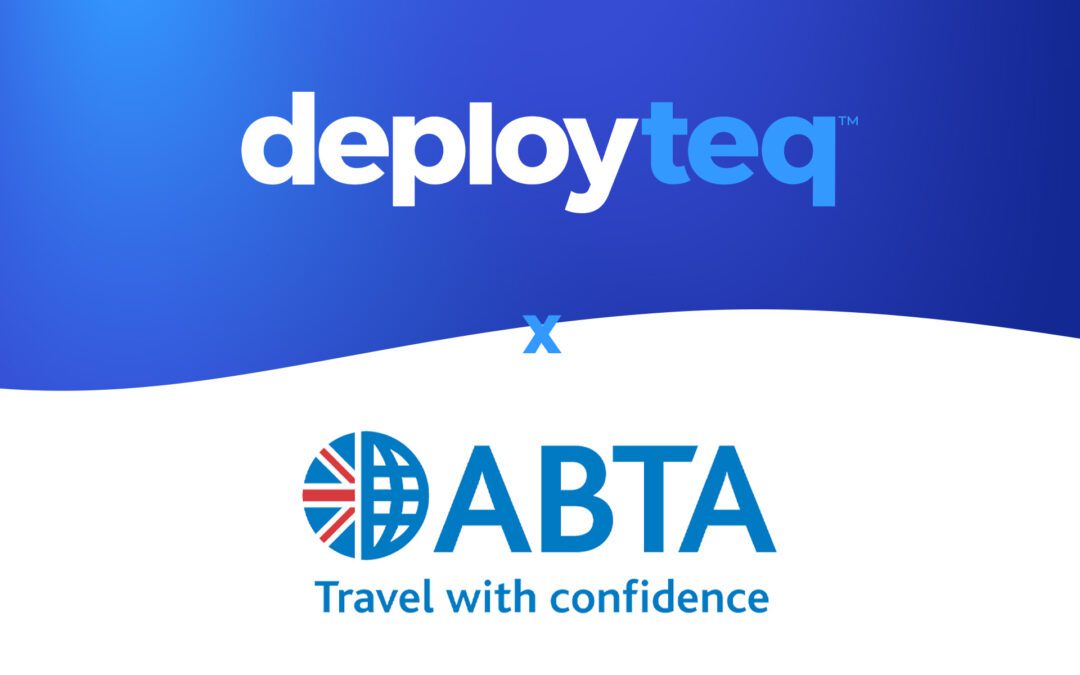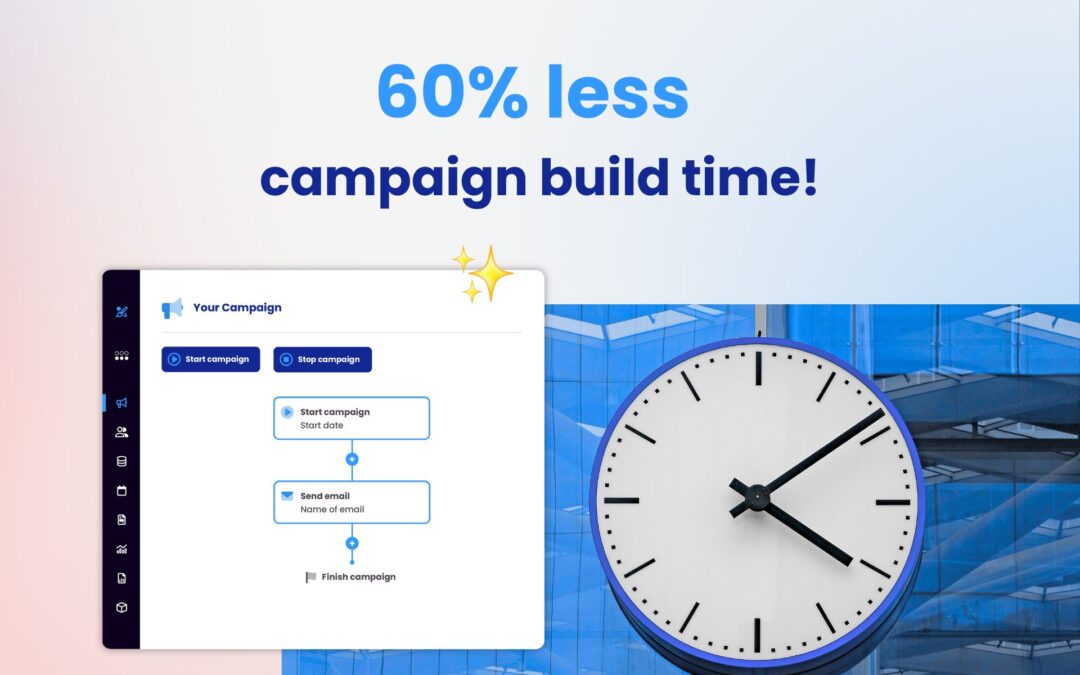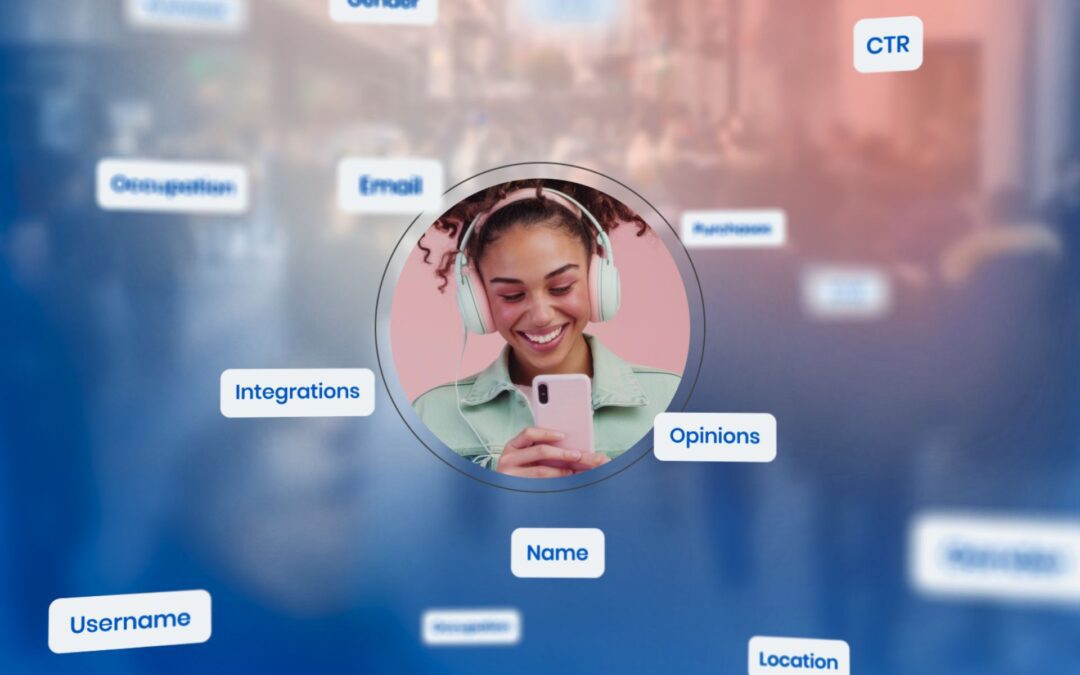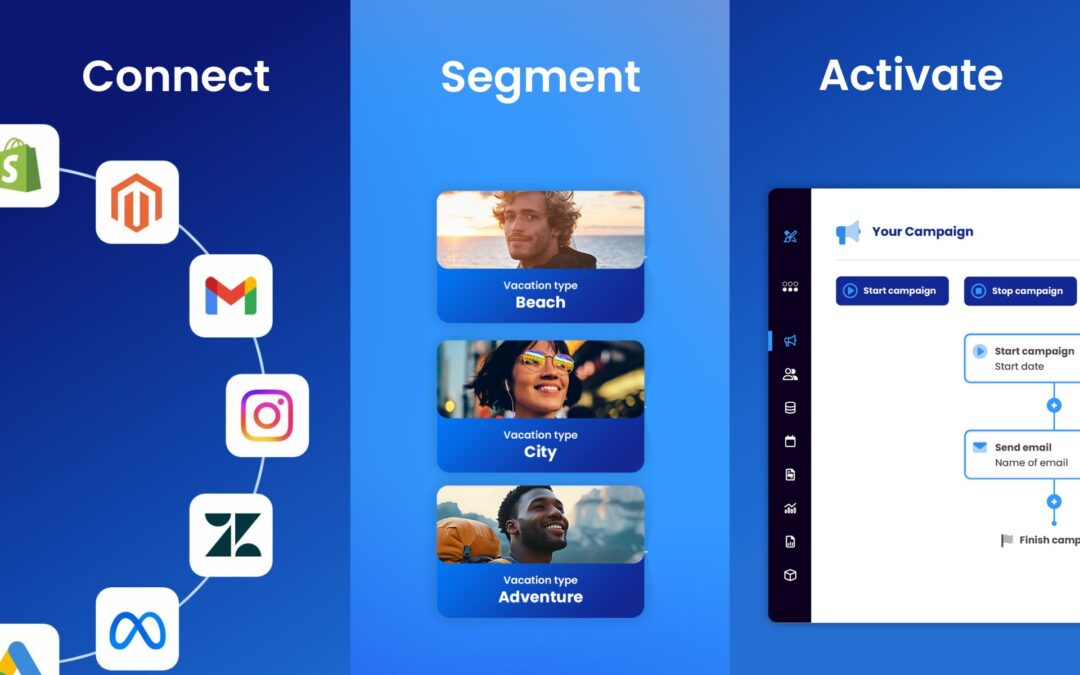The travel and transportation industry is a crucial component of the global economy, as well as people’s lives. Responsible for moving customers around the world in the most comfortable, efficient, and affordable way possible.
Despite its importance, travel and transportation brands face numerous challenges. Which are only increasing as consumer demands soar, and we adapt to a world that is moulded by the very latest technology.
Fortunately, marketing automation can offer powerful solutions to address these challenges, helping brands to streamline processes, improve experiences, and embrace the latest technology.
In this blog post, we explore some of the more pressing challenges facing the travel and transportation industry, and how marketing automation can help resolve them.
1. Technological and data advancements
The travel and transportation industry is feeling the pressure to continuously adapt to technological and data advancements in order to stay competitive, and offer their customers the experience they now expect.
These advancements span various aspects: the way companies communicate with customers, how they manage operations, and leveraging data for strategic decision-making.
This can involve multiple channels, data sources, and technology. From improving website, email, and in-app experiences, through to utilising AI (artificial intelligence) and VR (virtual reality) to provide an edge over competitors.
The solution
Any good marketing automation solution will be designed to integrate seamlessly with the latest technologies, systems, and data. Meaning that travel and transportation brands will not be restricted in utilising any new technology or system they choose to experiment with.
This solution also provides a unified approach to communications with travellers. Ensuring that data collected on individuals can be utilised in campaigns via multiple channels, whether that be email, SMS, landing pages, or in-app, and even across different brands within their business (of course, as long as correct consent has been given).
2. Customer engagement and retention
At the top of any travel brand’s priorities is engagement. Whether that be engaging new travellers to use their services, or retaining current ones to increase repeat bookings.
However, when it comes to the travel and transportation industry, customers have a wealth of options at their fingertips. This high level of competition means that brands must work even harder to engage their audience; offering them an unbeatable experience whilst also providing exceptional value.
And engagement isn’t simply about securing repeat business, it’s about creating brand advocates who will do some of the marketing for you. Recommending your services, and shouting about their positive experience with your brand.
The solution
Marketing automation is key to achieving ongoing engagement that beats the competition.
By sending out regular, highly personalised communications that genuinely provide value, travel and transportation brands can ensure they are top-of-mind when customers are booking their next trip.
And the options available are vast.
Brands can utilise simple segmentation to automate campaigns to groups, including relevant promotions, guides, or tips. Or, they can be a little smarter with the use of dynamic content, which populates emails with specific destinations, dates, pricing, and even loyalty points for each individual.
3. Customer support
The travel industry as a whole is particularly vulnerable to disruptions.
It’s not unusual for travellers to need immediate assistance, whether it’s for booking changes, travel cancellations, or general enquiries.
Providing a quick and effective resolution to these issues is crucial for brands to build a positive customer experience and maintain their customers’ loyalty. However, providing this level of support can be challenging due to the high volume of requests. and the need for timely responses.
The solution
With the use of marketing automation, travel and transportation brands can offer real-time customer support through automated email and SMS communications and responses.
Automated emails can confirm bookings, provide boarding passes, and offer travel tips. And in cases of travel disruptions, such as flight cancellations or delays, automated systems can send real-time updates and alternative travel options.
Furthermore, pre-prepared templates and workflows ensure that communication is consistent, accurate, and timely.
For example, in the event of a flight cancellation, automated systems can send emails with rebooking options and compensation details, helping to limit passenger frustration and maintain trust.
4. Seasonal demand and fluctuations
Due to the nature of the travel and transportation industry, it naturally experiences significant fluctuations in demand, particularly during holiday seasons, summertime, and special events.
During peak times, brands need to scale their services rapidly to meet increased demand, whilst in off-peak times, they need to find ways to attract both new and current customers. Effectively managing these fluctuations often requires strategic planning and robust marketing efforts to ensure a consistent revenue stream.
The solution
When it comes to managing demand fluctuation, proper planning is essential.
Marketing automation can streamline this process, analysing historical data to predict high and low demand periods to inform campaign strategies. Email marketing can play a crucial role in this process by sending targeted promotions based on predicted demand. And also target travellers who have traditionally booked during specific periods.
Additionally, during off-peak periods, automated campaigns can target customers with deals and destinations that will be of most interest based on their demographics, browsing behaviour, and previous bookings. Helping to maintain a steady flow of customers.
For example, a flight brand can automate emails to promote their Winter Sun destinations well in advance, ensuring maximum bookings during peak travel times.
Sustainability
As travelers become increasingly environmentally conscious, there is naturally a growing demand for sustainable and eco-friendly travel options.
In fact, a significant 43% of travellers are willing to pay more for travel options that boast sustainable certifications.
This shift presents a unique challenge for the travel and transportation industry, as they identify how to adapt operations to become more environmentally friendly, whilst effectively promoting these initiatives to eco-conscious consumers.
The solution
Whilst providing eco-friendly travel options involves a lot of work behind the scenes, including process and cultural changes, marketing automation can help with many aspects.
As well as sending out campaigns to all customers promoting sustainable offerings, marketing automation can also be utilised to promote more in-depth information to audience segments who are identified as most environmentally conscious.
Additionally, by gathering data on customer preferences, browsing history, and previous trips booked, marketing automation can identify individual travellers with sustainability interests to provide dynamic personalised suggestions and information.
Next steps
As with many innovative industries today, travel and transportation face numerous challenges which require fresh strategies. Ones that embrace new technology, quality data, and a little creativity.
Marketing automation provides a wealth of features and opportunities to address these issues, from adapting to technological advancements and enhancing customer engagement, to managing seasonal demand and promoting sustainability.
At Deployteq, we specialise in helping travel brands to get the most out of marketing automation. Our industry-leading solution supports multiple key channels, and our team of experts are always on hand to offer advice and guidance.
Get in touch to start tackling challenges today.
